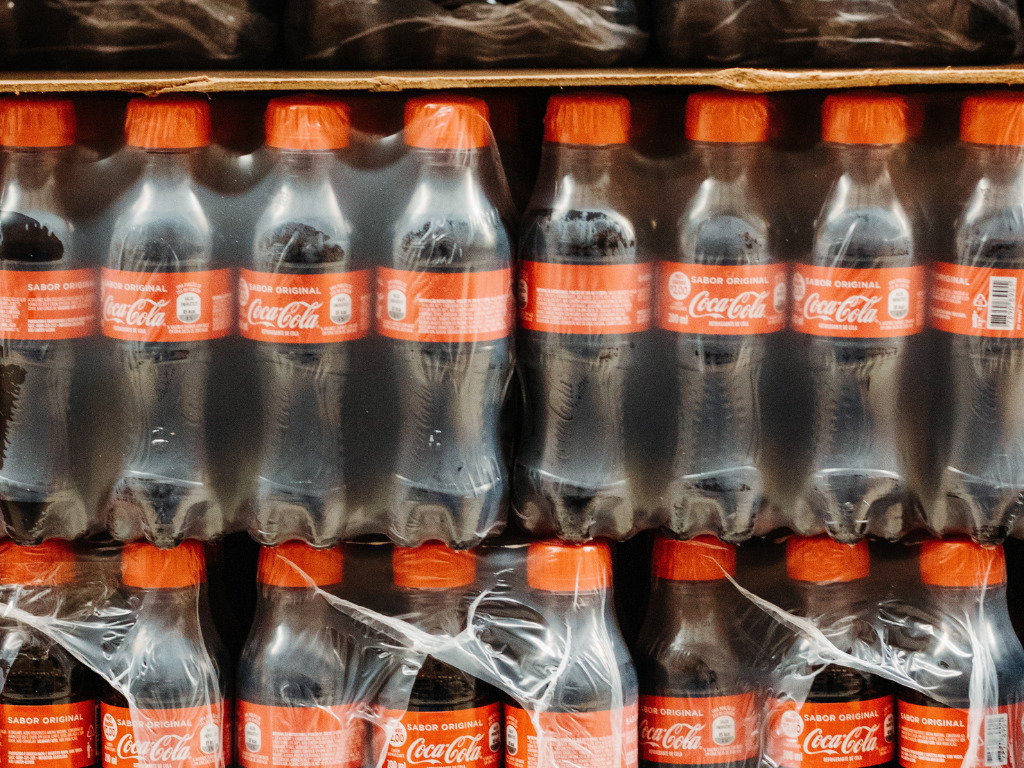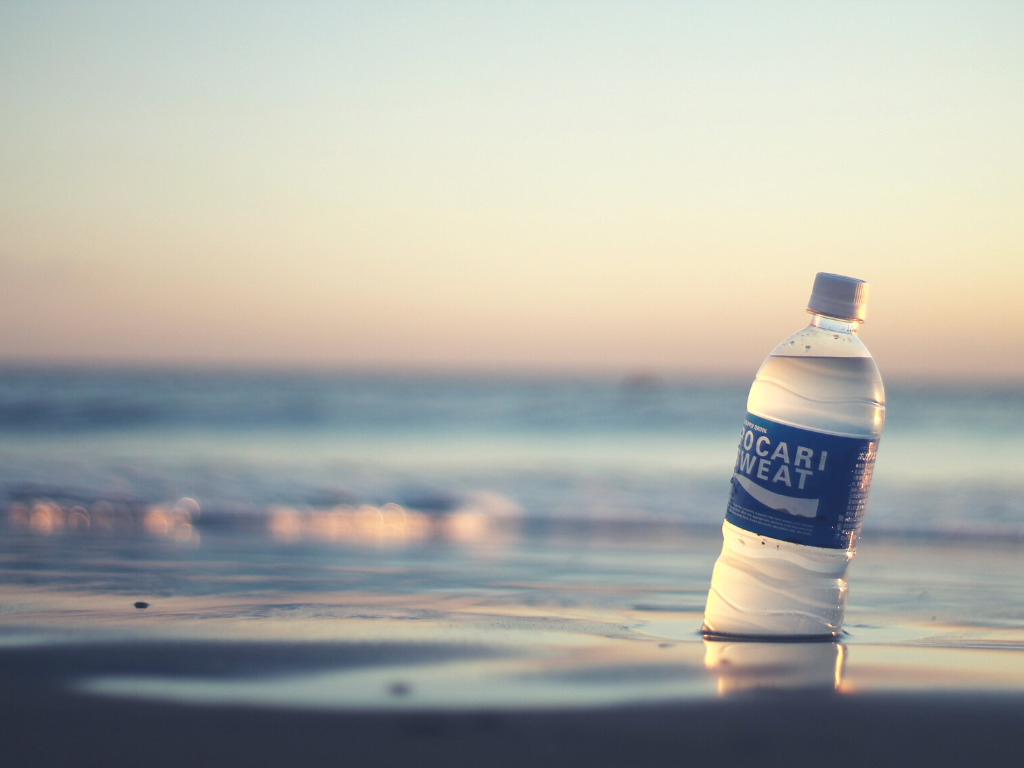Proposed E.U. Rule Could Reduce Plastic Waste Emissions By 43 Million Tons
3 Mins Read
The European Commission is proposing a bloc-wide plan for tackling plastic waste that could reduce emissions and save resources.
Could the E.U. ban plastic? It’s possible with the proposed rules from the European Commission aimed at tackling single-use plastic. Part of the European Green Deal’s Circular Economy Action Plan, the objective is to normalize sustainable products as well as respond to specific demands of Europeans for more sustainable product solutions.
The E.U.’s plastic waste problem
Under the proposed rules, all 27 E.U. members would be required to reduce plastic packaging waste by 5 percent by 2030, moving to 15 percent by 2040 compared to 2018 levels. According to the Commission, packaging waste accounts for 36 percent of municipal solid waste.

“The new rules aim to stop this trend,” the Commission says on its website. “For consumers, they will ensure reusable packaging options, get rid of unnecessary packaging, limit overpackaging, and provide clear labels to support correct recycling. For the industry, they will create new business opportunities, especially for smaller companies, decrease the need for virgin materials, boosting Europe’s recycling capacity as well as making Europe less dependent on primary resources and external suppliers. They will put the packaging sector on track for climate neutrality by 2050.”
A separate law would increase the use of biobased, compostable, and biodegradable alternatives to plastic. It also aims to clarify which plastics are environmentally beneficial and how they should be designed and disposed of.
There are three main objectives of the proposed revision to the E.U. legislation on Packaging and Packaging Waste: prevent packaging waste, boost closed-loop recycling, and reduce the overall need for primary natural resources.
According to the Commission, reusable and refillable packaging options have declined over the last twenty years. Under the proposed rule, companies would be required to offer a certain percentage of their products in reusable or refillable packaging.
The legislation would also standardize packaging formats and require clear labeling on reusable packaging.
Banning usual suspects
Notably, some packaging will be banned entirely under the proposed rule including any single-use packaging for food or drinks when consumed in restaurants. It would also ban single-use packaging on fruits and vegetables, single-use shampoo and body care product bottles, as well as other miniature items common in hotel rooms.

“The way goods are packaged can and should be done a lot better,” said the European Commission executive vice president Frans Timmermans. “Such overpacking is a nuisance to us and is increasingly damaging to our environment.”
The Commission says the proposal could have a big impact on the E.U.’s emissions. If it were implemented, it would reduce emissions from packaging by 43 million tons—nearly 20 million tons less than without the legislation. It would also decrease water use by more than one million cubic meters and bring down costs related to environmental damage by more than €6.4 billion compared to a baseline for the same time frame.
“We want more packaging to be reusable, because we cannot recycle ourselves out of a growing stream of waste,” Timmermans said. “And reusable packaging in a well-functioning reuse system is better for the environment than single-use options.”
Lead image courtesy of Unsplash.




